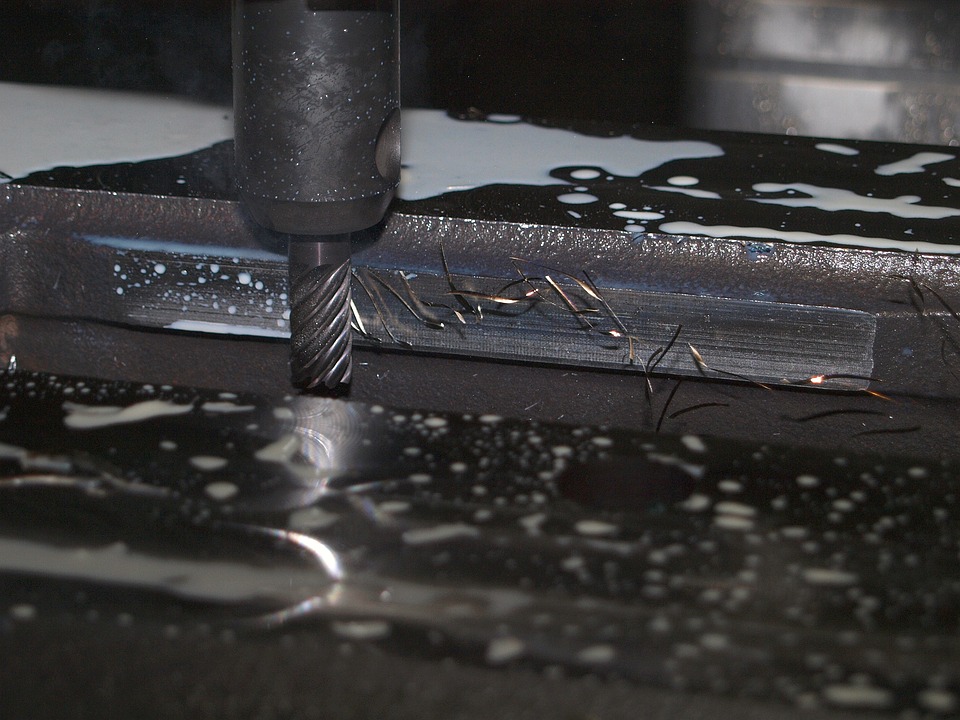[ad_1]
In recent years, there has been a growing interest in the concept of smart farms – technologically advanced agricultural systems that leverage artificial intelligence (AI) to improve efficiency, sustainability, and productivity. These smart farms are especially relevant in urban settings, where space constraints and environmental concerns can pose challenges to traditional farming practices. By harnessing the power of AI, urban farmers can optimize their operations and produce a greater yield of fresh, nutrient-rich food.
The Role of AI in Smart Farms
AI technologies play a crucial role in smart farms by enabling real-time monitoring and data analysis of various factors that affect plant growth and health. Through sensors and IoT devices, farmers can collect data on soil moisture levels, temperature, humidity, and other environmental conditions. This data is then processed by AI algorithms to provide insights into the optimal conditions for plant growth and to predict potential issues before they arise.
For example, AI-powered systems can automatically adjust irrigation schedules based on current weather conditions and plant needs, ensuring that crops receive the right amount of water at the right time. AI can also be used to detect early signs of disease or pest infestations, allowing farmers to take proactive measures to protect their crops.
Benefits of Smart Farms
There are several benefits to adopting smart farm technologies in urban environments. One of the key advantages is the ability to maximize limited space by implementing vertical farming techniques. Vertical farms use stacked growing layers to increase the density of crops grown in a smaller footprint, making them ideal for urban areas where land is scarce.
Smart farms also offer increased efficiency through automation and optimization of resource usage. By leveraging AI to control irrigation, lighting, and nutrient delivery, farmers can reduce waste and minimize the environmental impact of their operations. Additionally, AI-powered monitoring systems can help farmers make data-driven decisions to improve crop yields and quality.
Challenges and Considerations
While the potential benefits of smart farms are significant, there are also challenges that must be addressed to ensure their success. One of the main challenges is the high initial cost of implementing AI technologies and infrastructure. However, over time, the cost savings from increased efficiency and productivity can offset these initial investments.
Another consideration is the need for skilled workers to operate and maintain AI systems. Farmers will need to acquire new skills to effectively use AI tools and interpret the data they provide. Training programs and support services will be essential to help farmers navigate the transition to smart farming practices.
Conclusion
Smart farms represent a promising solution to the challenges of urban food production, offering a sustainable and efficient way to grow fresh produce in limited spaces. By harnessing the power of AI, farmers can optimize their operations and increase their yield while minimizing environmental impact. While there are challenges to overcome, the potential benefits of smart farms make them a worthwhile investment for the future of agriculture.
FAQs
What is a smart farm?
A smart farm is an agricultural system that uses advanced technologies, such as artificial intelligence and IoT devices, to monitor and optimize farming operations for increased efficiency and productivity.
How can AI improve urban food production?
AI can improve urban food production by enabling real-time monitoring of environmental conditions, optimizing resource usage, and providing insights to farmers for better decision-making.
What are some challenges of implementing smart farm technologies?
Some challenges of implementing smart farm technologies include high initial costs, the need for skilled workers to operate AI systems, and the complexity of integrating new technologies into existing farming practices.
Are smart farms sustainable?
Smart farms are designed to be sustainable by utilizing resources more efficiently, reducing waste, and minimizing environmental impact. By optimizing farming practices through AI, smart farms can help create a more sustainable food production system.
[ad_2]


